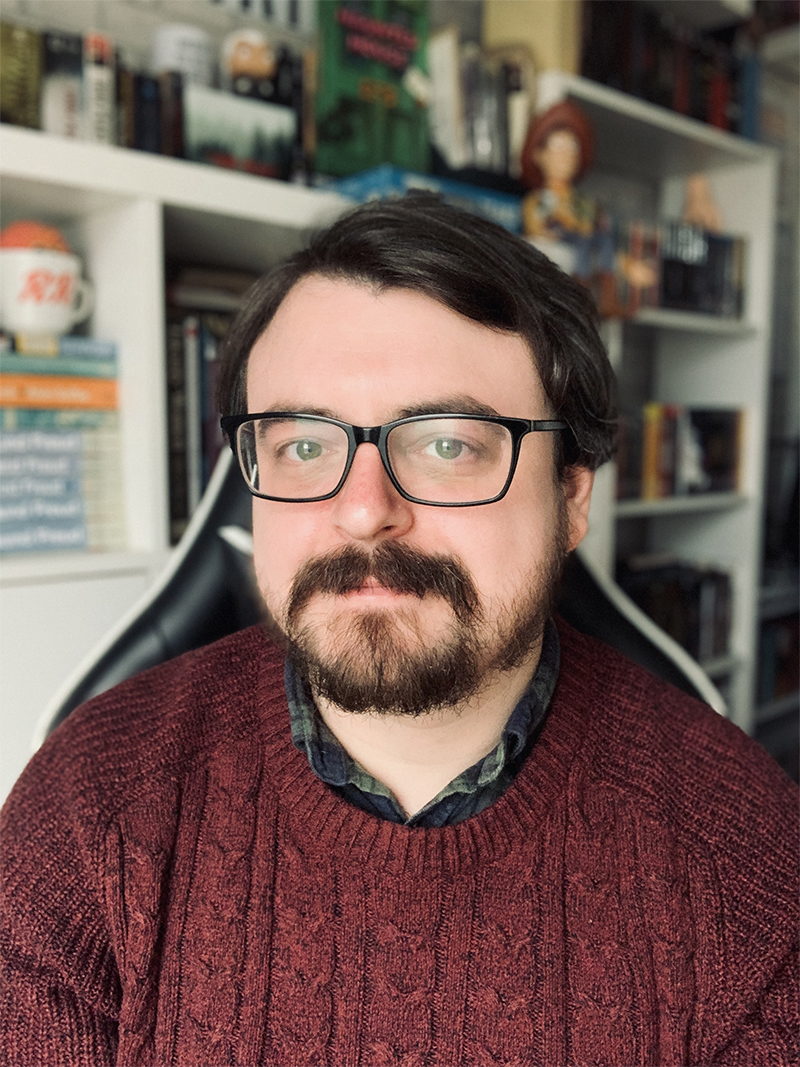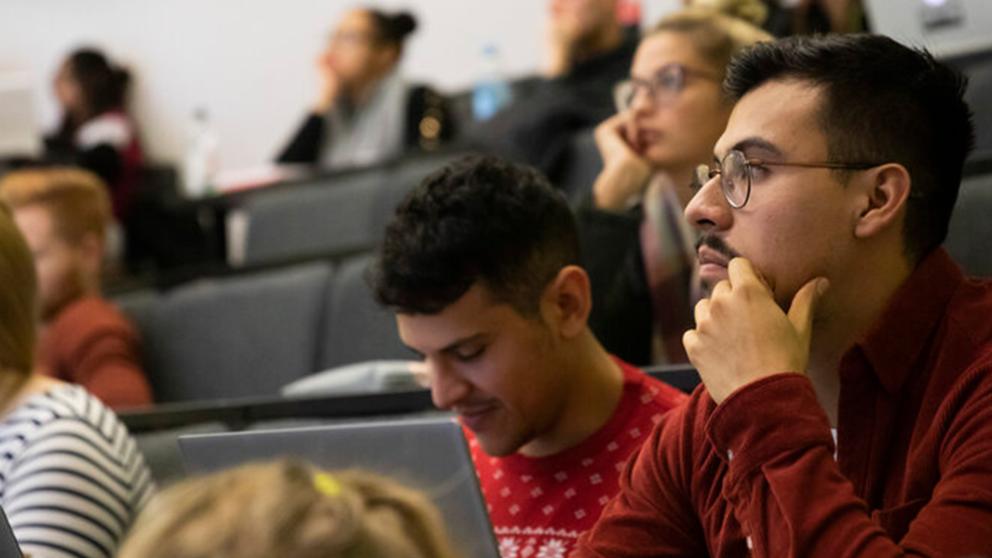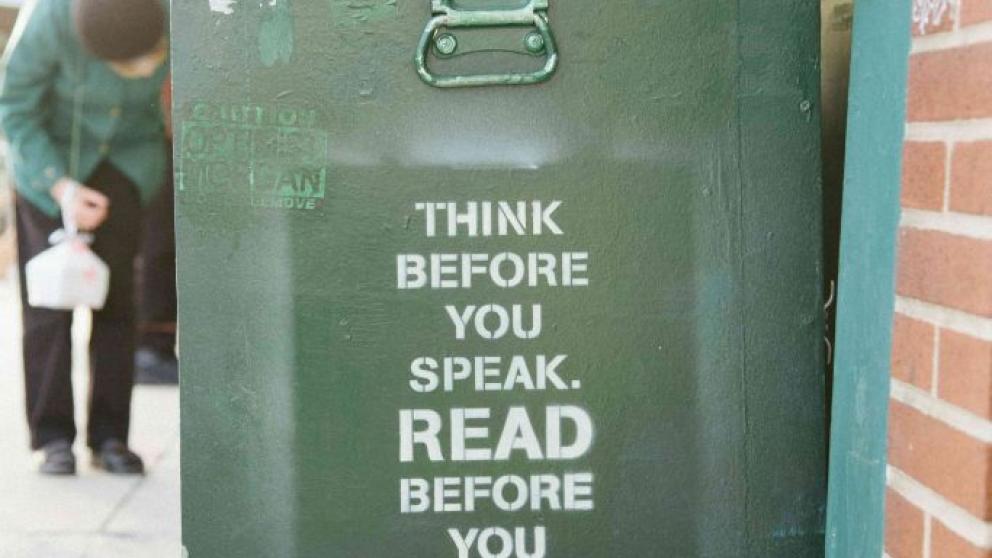Studying English at Salford
Congratulations on your offer to study an English course at Salford!
To help you get ready for studying this September, we've put together some information about how you will study your chosen course, what to expect in your first year and share answers to some of the top applicant questions.
Remember if you have any questions or queries about your application, you can email enquiries@salford.ac.uk, or call us on 0161 295 4545.
Join a creative community on your English course
Top applicant questions - answered!
How can I best prepare for my studies at the University of Salford?
If you're taking one of our degrees with Creative Writing in the title, our tutor David Savill (a famous published novelist) recommends that you keep working on your writing, so you have a readymade store of work to draw on in your first year workshops.
If you're taking a degree with drama modules, Szilvi Naray-Davey (actress, translator and programme leader for Drama) recommends that you try your best to take in as many plays as you can, whether in person or online.
If you're taking a degree with Literature in the title, you should focus on the reading and writing that makes you happy - there is space for a personal, focused project in the final year dissertation.
If you're taking a degree with Language in the title, listen for the language all around you - whether that's children in your family learning their first words or different accents you encounter. Start noticing language in the world and note down anything you find interesting so your expert tutors can explain it.
What career pathways have Salford graduates undertaken?
Our students go into so many wonderful careers: writing, public relations, teaching, journalism, academia. The exciting thing about English is that it gives you the skills for the jobs of the future. Your communication skills will set you up to be a flexible, independent thinker who can deal with the changing nature of work in the twenty-first century.
What's the English, Creative Writing and Drama scene like in Greater Manchester?
We're proud that Greater Manchester's literary and theatrical history is etched on the world map. Greater Manchester has produced iconic writers such as Thomas De Quincey, Howard Jacobson, Elizabeth Gaskell, Anthony Burgess, Jeanette Winterson and Lemn Sissay.
Regular live literature events and festivals cover all genres, and there are lots of bookshops, libraries and archives to be explored.
Greater Manchester is also a thriving hub of theatre and performance, from large scale globally touring productions to fringe theatre and experimental work, with lots of opportunities to experience and share work.
Do you have social media accounts I can follow?
When can we expect our timetables?
Personalised timetables are sent to students when they register in September. We try our best to keep your timetable sensible and avoid you being in every day of the week. There are no lectures on a Wednesday afternoon then so that students can participate in clubs, societies and extracurricular activities.
You will have nine in-class hours a week, which will be a mix of lectures, seminars and workshops - alongside drop-in office hours and personal tutor meetings.
Our English facilities include:
- 350 seat New Adelphi Theatre
- Radio drama recording facilities
- Clifford Whitworth Library
- Studio theatre
Attend an offer holder day
If you haven't already, make sure you secure a place at one of our upcoming Offer Holder Days. These will give you the opportunity to experience life as a Salford student on your chosen course - you'll meet the teaching team, hear from current students and connect with other applicants.
MEET YOUR ADMISSIONS TUTOR

If you have any questions about our English courses, or if you would simply like to discuss your course with a member of the teaching team, then we'd love you to get in touch.
Your admissions tutor for English is Dr. Mark Yates, and you can get in touch with him at m.t.yates@salford.ac.uk.
For general application enquiries, please contact enquiries@salford.ac.uk.




